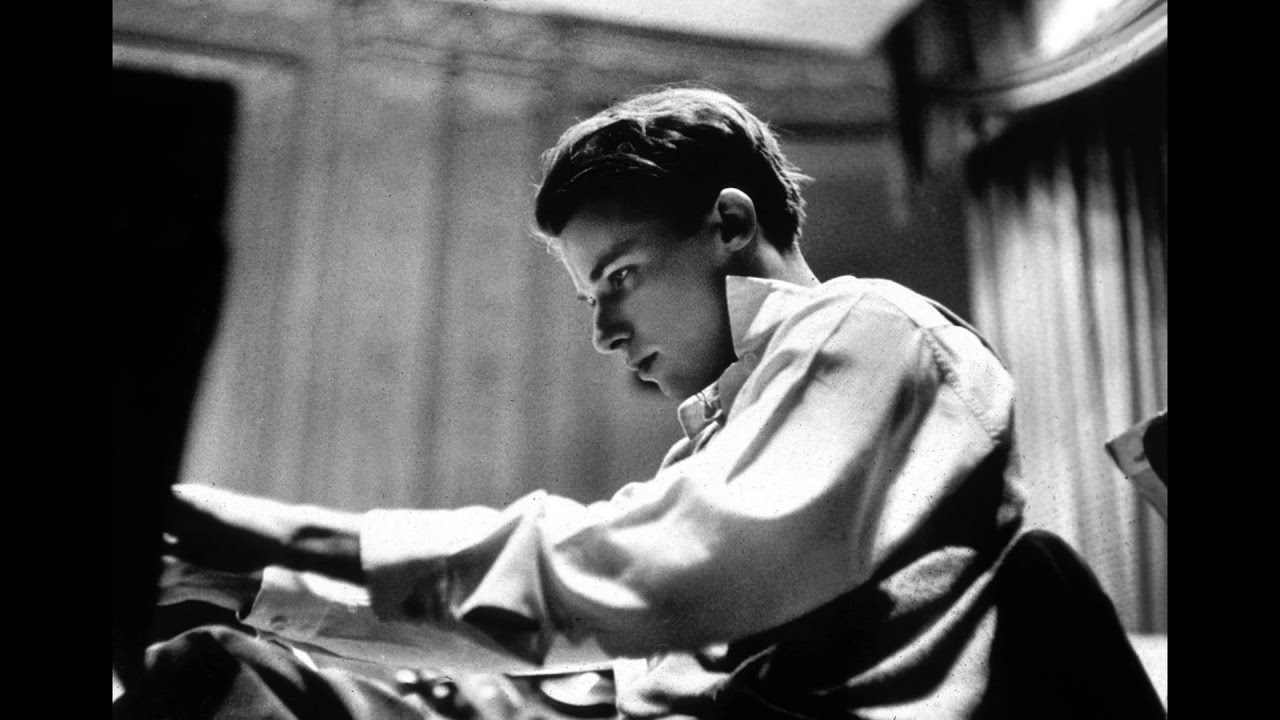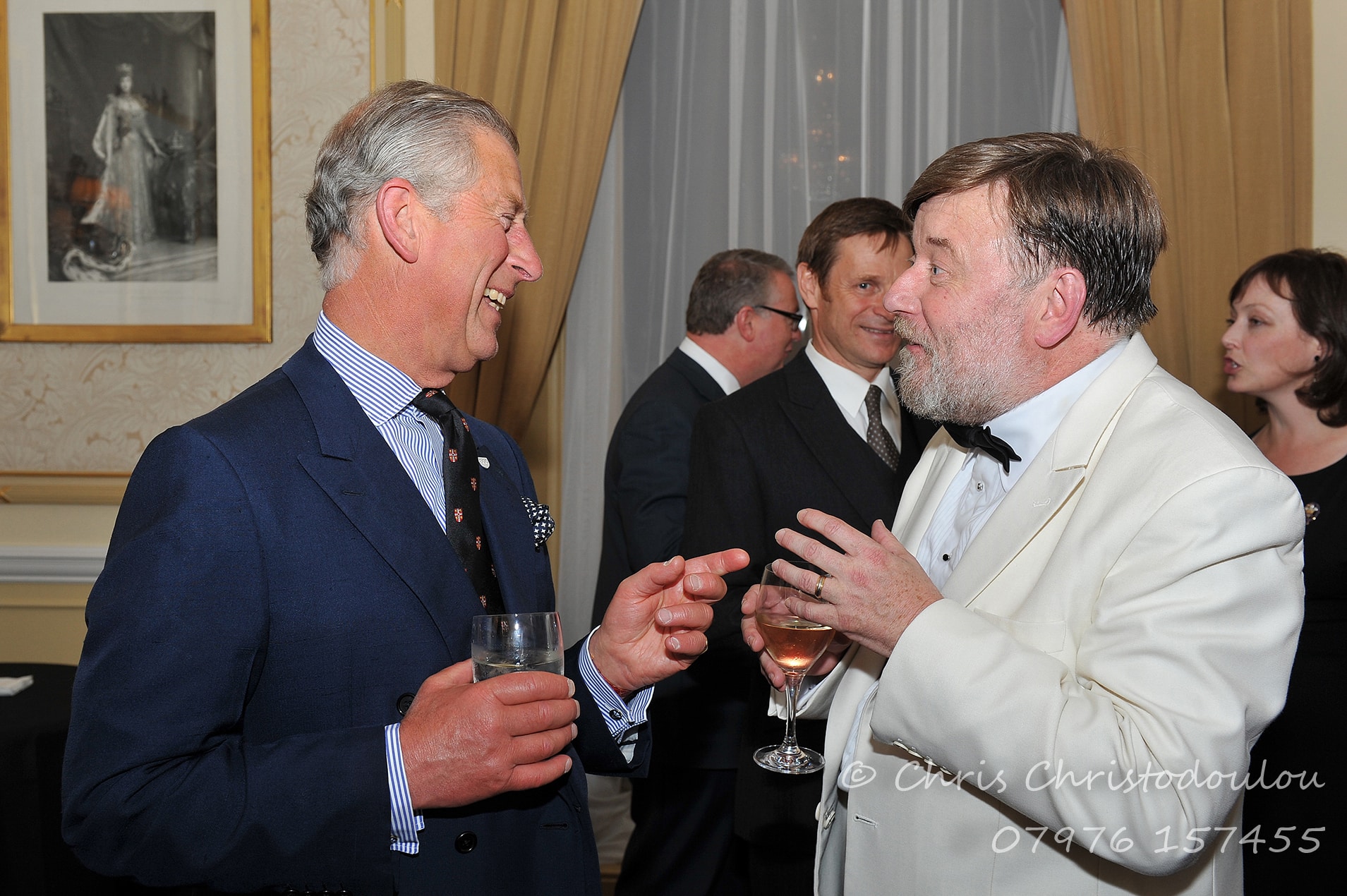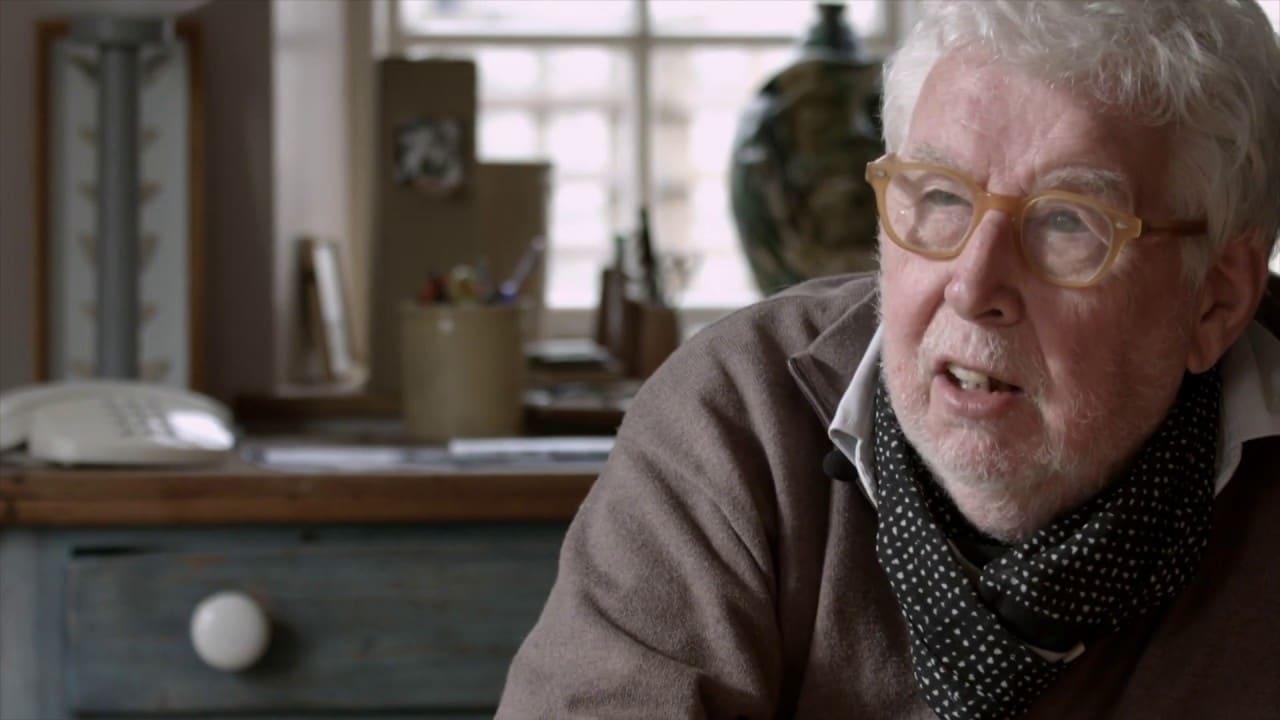Hate Mozart? So did Glenn Gould
mainJust listen to the distorted perspectives.
The Fantasia and Fugue in C major K.394 is the source of the “vacuum cleaner anecdote”. As he recalled in an address to the graduating class at the Toronto Conservatory in 1964, Gould said that when he was 13 years old he became aware of a strange faculty when a cleaning lady interrupted his work by turning on her vacuum cleaner. “The result was that the louder passages, this luminously diatonic music (in the Fugue) became surrounded with a halo of vibrato, rather the effect you might get if you sang in the bathtub with both ears full of water and shook your head from side to side all at once. And in the softer passages I could’nt hear any sound that I was making at all. I could feel, of course –I could sense the tactile relation to the keyboard… and I could imagine what i was doing, but I could’nt actually hear it. But the strange thing was that all of it suddenly sounded better than it had without the vacuum cleaner, and those parts which I could’nt actually hear sounded best of all”.






I couldn’t listen to this recording more than a couple of minutes…. thoroughly, studied unmusicality, indeed full of hatred.
THIS is the way it should be played:
https://www.youtube.com/watch?v=uPHyFozUNMk
Few recordings are more perverse than Gould’s Mozart Sonata set. But there is a live recording of the 24th Piano Concerto with Bernstein that is sublime.
Thanks, Serkin’s version does speak. Gould’s version didn’t really even bother me that much, but to be critical it does sound as if he’s a nasty lawyer combing through whatever he can find to facilitate beating someone down with perverse laws. What kind of ideology he’s fussing about, who knows.
Thank God Mr Gould did not meet John Cage at that age!
I remember being in the HMV shop in Princes Street, Edinburgh, which had a superb classical department, when one of the discs on the cd multi-changer was Gould’s Mozart. It’s the only time I’ve ever left an area because the music was so badly played. I honestly thought it was a joke.
Gould’s recording of the complete Mozart Sonatas is a criminal act.
Reminds me strangely of Beethoven’s situation when he composed op 133 — and couldn’t hear himself. So maybe, one could argue, the greatest music is created when it is unheard. Because it needs absolute freedom? 🙂
He sure sounds like he hates Mozart here.
Strange, fascinating work in Mozart’s severe style. proto- baroque, like his Adagio and Fugue in C minor for strings and Fantasia and Fugue in F minor for mechanical organ.
One gets a similar, pleasant, effect with surface noise on 78rpm records… he was certainly on to something.
As another great musician once said, “That nut’s a genius!”
I don’t ‘hate’ Mozart but I lost interest in him in my late 30s – except for a couple of the operas, some string quartets and the last few symphonies. The rest is just too familiar and consonant for me. I like salt and pepper with my food, not just sugar.
I fully agree! It’s just note spinning & indulging in triads & scales etc. and it goes on and on without any need. It’s muzak for people who hate the modern world. When I’m sometimes exposed to some Muzakt, they play it sometimes here over the speakers, I plug-in my ear phones & listen to some REAL music stuff:
https://www.youtube.com/watch?v=XhLqMKGZloQ
Sally
The early symphonies and especially the #20s. are full of harmonic and rhythmic quirks, rather like CPE Bach, whose music Mozart knew. If you think the rest is too consonant, perhaps you should listen to some period performances. There are still people who think of Mozart as a “romantic’ composer and play his music that way.
This sounded as if Gould was playing Mozart with such hate, that he succeeded in thoroughly mangling it. I regret that I have heard this grotesque display. How could the composer of such sublime music trigger this? Gould must have loved heavy metal.
If Gould hadn’t been a complete eccentric no one would be paying much attention to him.
No. With technique and memory like that?! Seemingly unlimited imaginative skills (listen to his transcription of ‘La Valse’.) Attention is paid to him because he is a magnificent pianist and musical mind. He made a few bad recordings, agreed, but not enough to confront his reputation like a midget sucker-punching a giant.
Is this coming out on CD, as part of his legacy? Vacuum Cleaner rivals his interpretation of Mozart, or is it his interest in his own interpretation, or whether he even wants to hear himself play Mozart? It’s a wonder he didn’t commit to playing a Mozart concerto somewhere, but sent them a vacuum cleaner instead (with blessings by the Hoover company or another such), and Leonard Bernstein could have addressed the audience (before the performance with machine) stating he didn’t agree with Mr. Gould’s interpretation, as he did when Mr. Gould played a Brahms concerto with him.
https://adage.com/article/creativity-pick-of-the-day/forget-noise-electrolux-introduces-vacuum-plays-music/242743
His Mozart works are not completely without hope. His recording of the c-minor concerto is astonishing. In his recording of the sonatas, they are all played the same with the exception of a lone gem, which is the slow movement of the c-minor sonata. He plays it slower than any recording and I think it’s a moving work.
I was spellbound by this recording, never having heard it or even the composition in question before. It seemed the opening section was portrayed as an especially dramatic opera, and the fugue laid bare how Mozart absorbed the essence of Bach while adding new dimensions. All in all, despite what Glenn may or may not have verbalized about Mozart, this performance seemed a dramatization of how Mozart’s compositions were oftentimes fully completed at the moment of notation, and so Gould intended this interpretation as if it were a spontaneous improvisation capturing Mozart in the startling heat of birth including an inherent roughness of the moment. The technical clarity is stunning amidst the deliberate edge.
azuremilesrecords.com/mozartandmockingbirds.html
typo: http://www.azuremilesrecords.com/mozartandmockingbirds.html
My Lord! What happened to Serkin here? He simply sits on the damper pedal the whole way through. The Fugue is total mush!. The Fantasia is way too fast and lacks any sort of phrase understanding. This just seems so unlike the Rudolf Serkin which which I’m familiar (i.e. Beethoven). Say what you will about Gould; at least the lines are clear and articulated. As for the comments regarding his playing like he hates the piece, you’re simply parroting the foolishness of Mr. Lebrecht. He never particularly liked Glenn Gould (too intelligent a performer), and you simply follow his lead — just like Trump’s followers.